Hygieia | Greek Goddess

Hygia or Hygia (in classical Greek: Ὑγίεια), in Greek mythology, was the daughter of Asclepius and the goddess of health,[1] cleanliness and sanity (and later: the Moon). She played an important part in her father's cult. While her father was more directly associated with healing, she was associated with preventing disease and continuing good health. Her equivalent in Roman mythology was Salus.
Hygia was the subject of a local cult since at least the 7th century B.C. "Athena Hygia" was one of the titles given to Athena, as Plutarch recounts:
" A strange accident, which happened in the course of the construction [of the Parthenon], showed that the goddess was not averse to work, but was cared for and co-operated in bringing it to perfection.
One of the craftsmen, the fastest worker and the most skillful of all, with a piece of his foot fell from a great height, and disposed in a miserable condition, the physicians had no hope of his cure.
When Pericles was in pain over this, the goddess [Athena] appeared to him at night in a dream, and ordered a course of treatment, which he applied in a short time and with great ease cured the man. And on this occasion it was that he set up a brass statue of Athena Hygia in the citadel near the altar, which they mentioned had been there before.
But it was Phidias who made the image of the goddess in gold, and has his name inscribed on the pedestal as her worker. "
However, the worship of Hygia as an independent goddess did not begin to be publicized until the Oracle of Delphi recognized her, and after the devastating plague on Athens in 429 and 427 B.C. and on Rome in 293 B.C. Her primary temples were in Epidaurus, Corinth, Cos and Pergamos.
